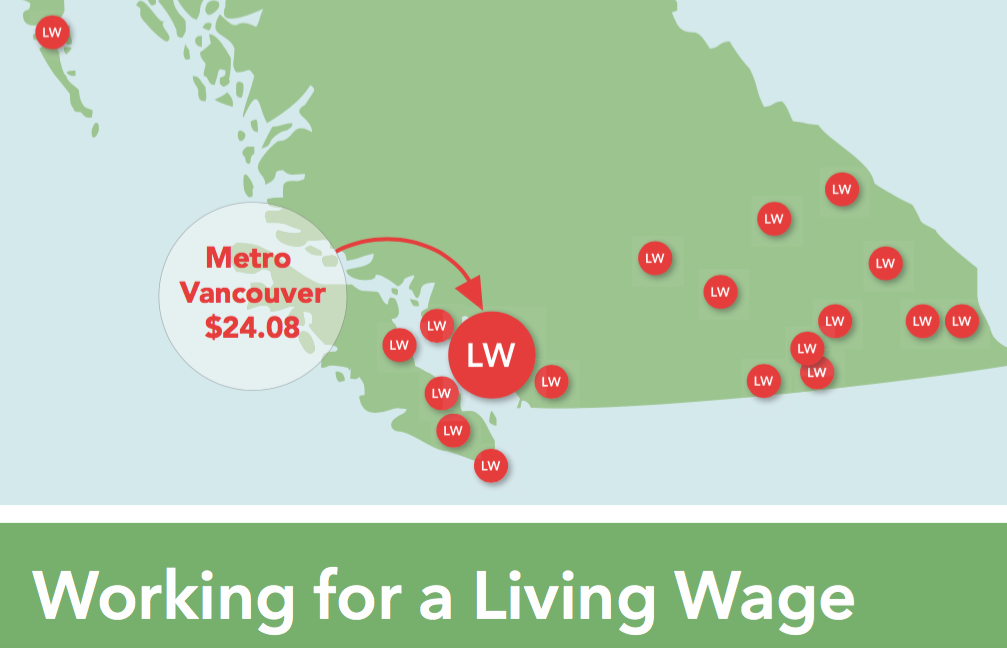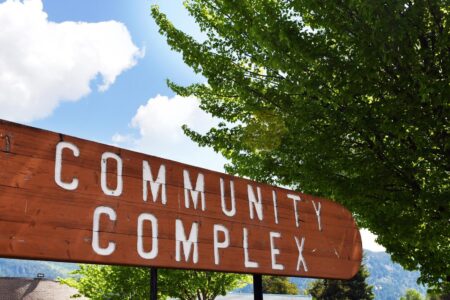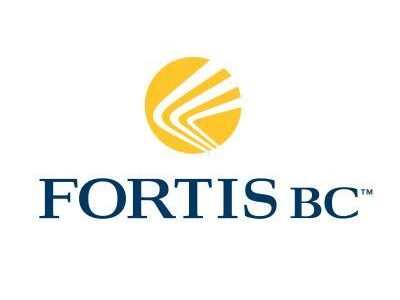Living wage rises in Nelson due to increased food, shelter costs: report
The wage people need to live in Nelson has gone up and remains one of the highest in the West Kootenay-Boundary region, according to a report released by Living Wage Update Thursday morning.
The living wage in Nelson is now $20.83 — a rise of six per cent in the last year — and represents a calculation on the hourly wage that two parents working full-time need to earn to support a family of four.
The increase is driven by two essentials that every family needs — food and shelter — and has gone up all across B.C., not just in Nelson, the Living Wage for Families B.C. press release noted.
General inflation shot up to a 40-year high this year and the costs of food and other necessities also increased, noted the authors of the report.
The wage in Nelson “affords a decent if still very modest standard of living without the extras many of us take for granted,” the report noted.
In Trail — the highest cost in the Kootenay-Boundary — the new living wage calculation is $21.13 an hour for 2022, up 16 per cent over last year, while in Castlegar the living wage is $20.54 (this is Castlegar’s first year calculating a living wage). In Grand Forks, the 2022 living wage calculation is $20.05, a 17 per cent increase.
Looking further afield, Kelowna’s living wage rose by 23.7 per cent — a $4.39 jump — to $22.88, while in the provincial capital Victoria the wage climbed 18.7 per cent higher than last year’s $20.46 to $24.29, and in Metro Vancouver a 17.3 per cent increase translated into a $24.08 living wage.
Rates were calculated in 22 communities this year, with the community of Daajing Giids — a village municipality in Hadia Gwaii — the highest at $25.87, followed close behind by Golden at $25.56.


























